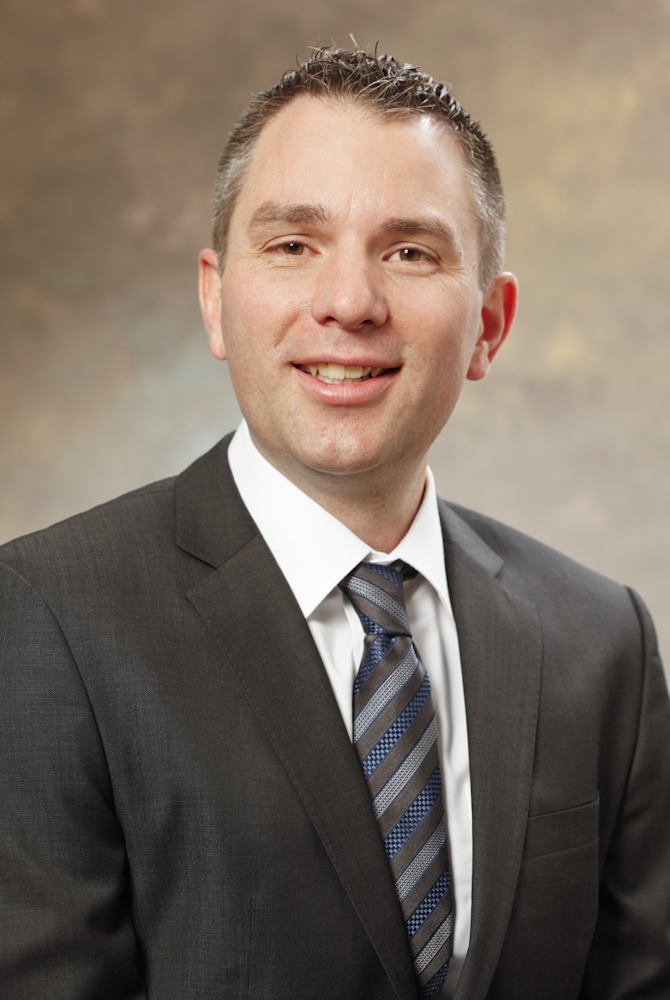Targeting DNA Repair Pathways: Current and Future Implications of PARP Inhibitors
Please note that this content was created in 2019. In the time since this material was posted, there may have been additional developments, advancements, and/or more current publications in this field.
AMP Education is constantly updating our educational offerings, and will remove or replace content that is no longer accurate. Please be sure to use the search function to find related or updated material available in our catalogue at educate.amp.org. The Training and Education Committee works with AMP Education Programs to bring you the most up-to-date and cutting-edge information on molecular pathology research, applications, and training.

This bundle includes 3 recorded webinars of the PARPi live broadcast. Each webinar includes a pre-test, the recorded presentation, handout, the audience QA, and a post test. Continuing Education Credit is also available for all three of these talks.
 |
 |
 |
 |
|---|---|---|---|
|
Webinar 1: Ryan Jensen, PhD |
Webinar 2: Peter Park, PhD |
Webinar 3: Katherine Nathanson, MD |
Webinar 3: Payal Shah, MD |
Description: Many recent studies have highlighted the importance of DNA repair pathways and the significance of PARP inhibitors. Using Homologous Recombination Deficiency (HRD) testing, ovarian and breast cancers are currently the most well studied for the subsequent use of PARP inhibitor (PARPi) therapy. More information is emerging regarding HRD testing in prostate and pancreatic cancers, and clinical trials for PARP inhibitor therapy applications in these diseases are underway as well. AMP subject matter experts organized known scientific underpinnings and the most current research and clinical information into an up-to-date and useful three-part webcast series titled, “Targeting DNA Repair Pathways: Current and Future Implications of PARP Inhibitors”. This series will cover:
- The mechanism of action of PARP inhibitors and the science of Homologous Recombination Deficiency (HRD) testing,
- Laboratory considerations (from sample acquisition to result reporting) for HRD testing, and
- Clinical considerations for testing and treatment and the need for genetic counseling.
Duration: 3 hours
Level of Instruction: Basic
CE Credit for this course has expired.
Target Audience: clinical laboratory professionals, oncologists, and genetic counselors as well as many other healthcare professionals engaged in the diagnosis, treatment, and care of cancer patients.
For more information about this series, go here.